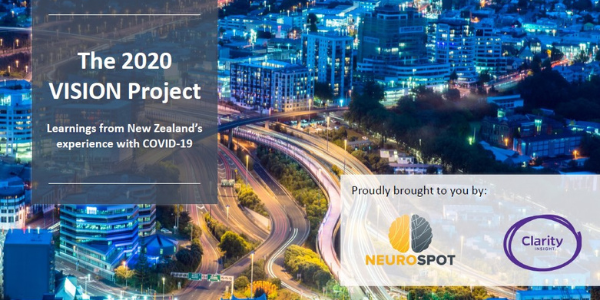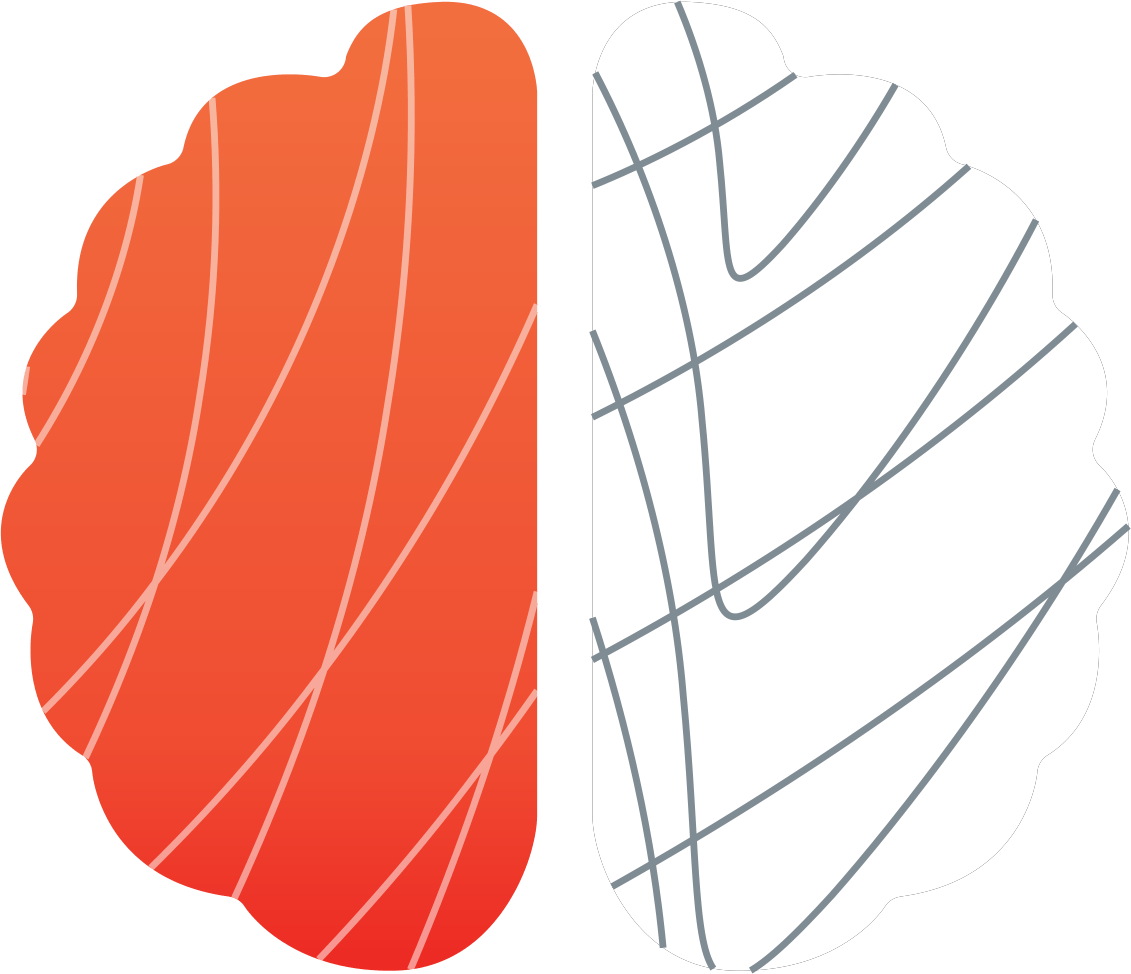The mental toll from 2020 - and what this means for 2021
The physical ravages and unfortunate deaths caused by COVID-19 are well documented, but this pandemic has also taken a toll in many other ways.
There are the obvious financial impacts – from business closures; inevitable redundancies; through to billions of dollars of government funded wage subsidies – as we all try to navigate our way through some serious economic turbulence. Then there’s the ongoing uncertainty of living in the shadow of COVID-19… Should we book that event? Should we plan a holiday? When will we see loved ones overseas again? And with Auckland bouncing in and out of lockdown (and back in again) just recently, uncertainty has ratcheted up another notch.
One of the lingering impacts from 2020 therefore, has been on the mental health of New Zealanders.

It was a tough year for many of us
The Ministry Health estimates that 660,000 New Zealanders suffer some form of depression – up 32% compared with 2012. With the stigma around mental health slowly receding and more focus on the subject, we need to understand the wider mental health context resulting from COVID-19, even where the physical (i.e. health) impact may have been limited. And it could be argued that the long-term impact to our minds is arguably an even bigger public health challenge.
As an indicator, a Dynata survey taken at the end of 2020 certainly alludes to a mental health impact, with four in ten (43%) saying they were more stressed than the previous year. An identical number (43%) also said they were more anxious than in 2019 before COVID-19 appeared. In amongst the plethora of negative news related to health and the economy – from NZ and overseas – this certainly doesn’t seem surprising. But when does temporary mental state become an ingrained trait for those who have suffered the worst effects from COVID-19?
One of our 2020 Vision participants noted “I don’t watch the news anymore – its so depressing. All you hear about is how many people are dying of this virus. You wonder when it will all end”.
The unique experience of lockdowns and the various travel restrictions were certainly felt, adding to our mental health load. The Dynata survey highlighted that three in ten (29%) were more lonely in 2020 compared to the previous year, while four in ten (40%) considered their personal relationships stronger than the year prior. So, while our household bubbles helped bond many spouses and families over board games and long walks, others were disconnected from their loved ones – particularly the elderly.
With a vaccine having now arrived in New Zealand, hope is certainly on the horizon, but we still have a long way to go before COVID-19 is fully under control. Large-scale vaccination of the general population is unlikely to be completed before the end of this year, nor is our international border expected to be freely open before 2022. What if this ‘COVID-19 environment’ lingers for longer, or the economic recovery (especially in the hardest hit sectors) isn’t as quick as desired? The Christchurch earthquake experience has shown that the effects of psychological distress often don’t manifest until much later after the actual event. The mental scars of COVID-19 may well endure for some time.
Of course, not all people’s mental health has been adversely affected to the same degree, but all of us will be feeling the effects in some way.
How do brands need to respond in 2021?
That’s a big question off the back of a year in which many organisations were called out for how they responded – or didn’t respond – to support the ‘team of 5 million’. But the Dynata survey provides some clues on what these organisations need to be thinking of in 2021.
For starters, those expressing greater levels of stress or anxiety in 2020 indicated they were looking for brands that demonstrate they care and who are transparent – essentially showing a sense of fairness in how they interact with their customers. It seems like customer experience design teams have the perfect opportunity to make a case to really enhance the customer journey – eliminating any pain-points that just add to stress levels, while showing a humane side even if delivered via channels that aren’t classically ‘human’.
At a time when communications budgets are coming under increasing scrutiny, it also feels the right time to invest wisely in building even deeper emotive connections with consumers. Stories of human bonding and relationships have always been rich emotional material, but this has been heightened through this pandemic as our household bubbles have brought us closer together in many cases.
Trustpower has managed to tap into this with their most recent campaign 'Lost & Found', in which two people re-connect later in life. This story of human connection has performed well above industry norms in a number of advertising diagnostics, and achieved the highest recall of any Trustpower campaign over the past seven years. By reflecting what’s important to us as a society at the moment, Trustpower have succeeded in creating an emotional connection with their audience.
This article was first published as part of The 2020 Vision Project on 16 March 2021.
*Survey data was collected by Dynata in December 2020 and interviewed a nationally representative sample of 1000 New Zealanders.



